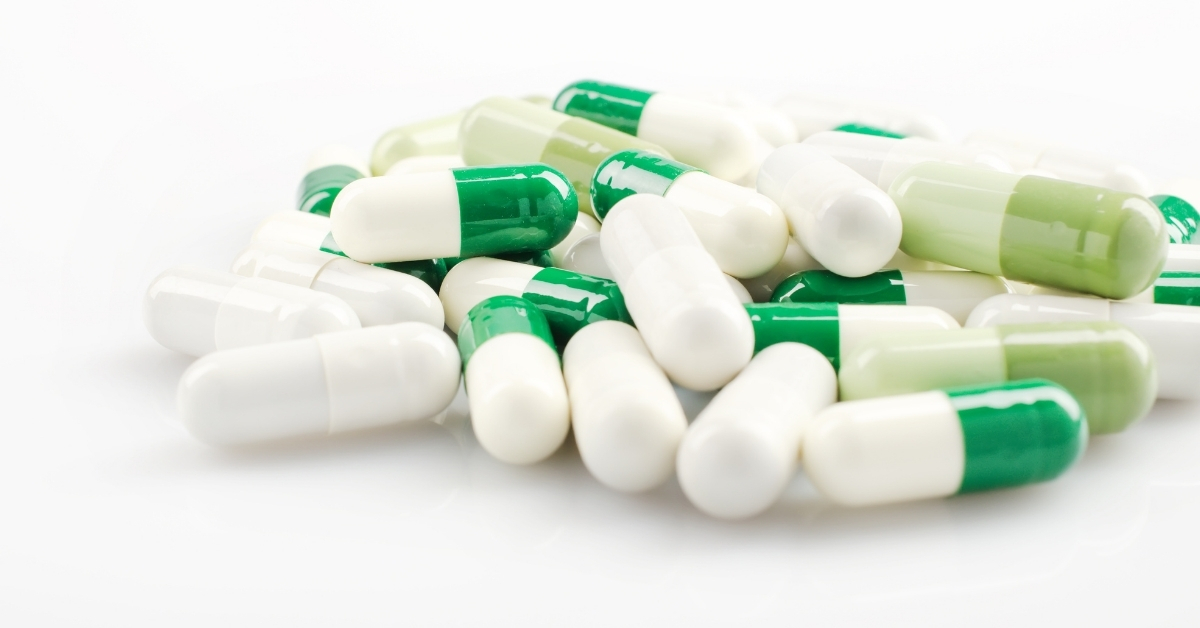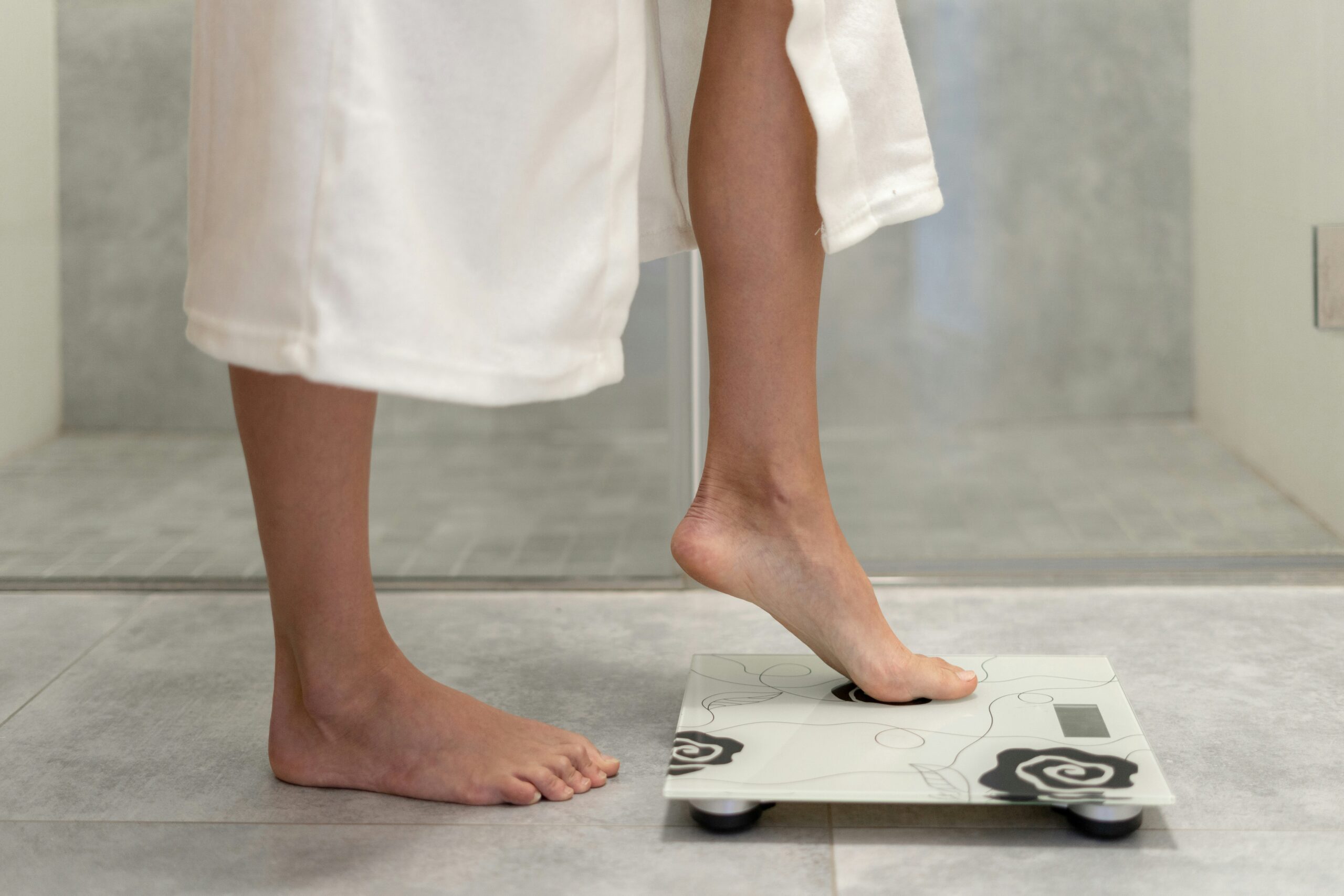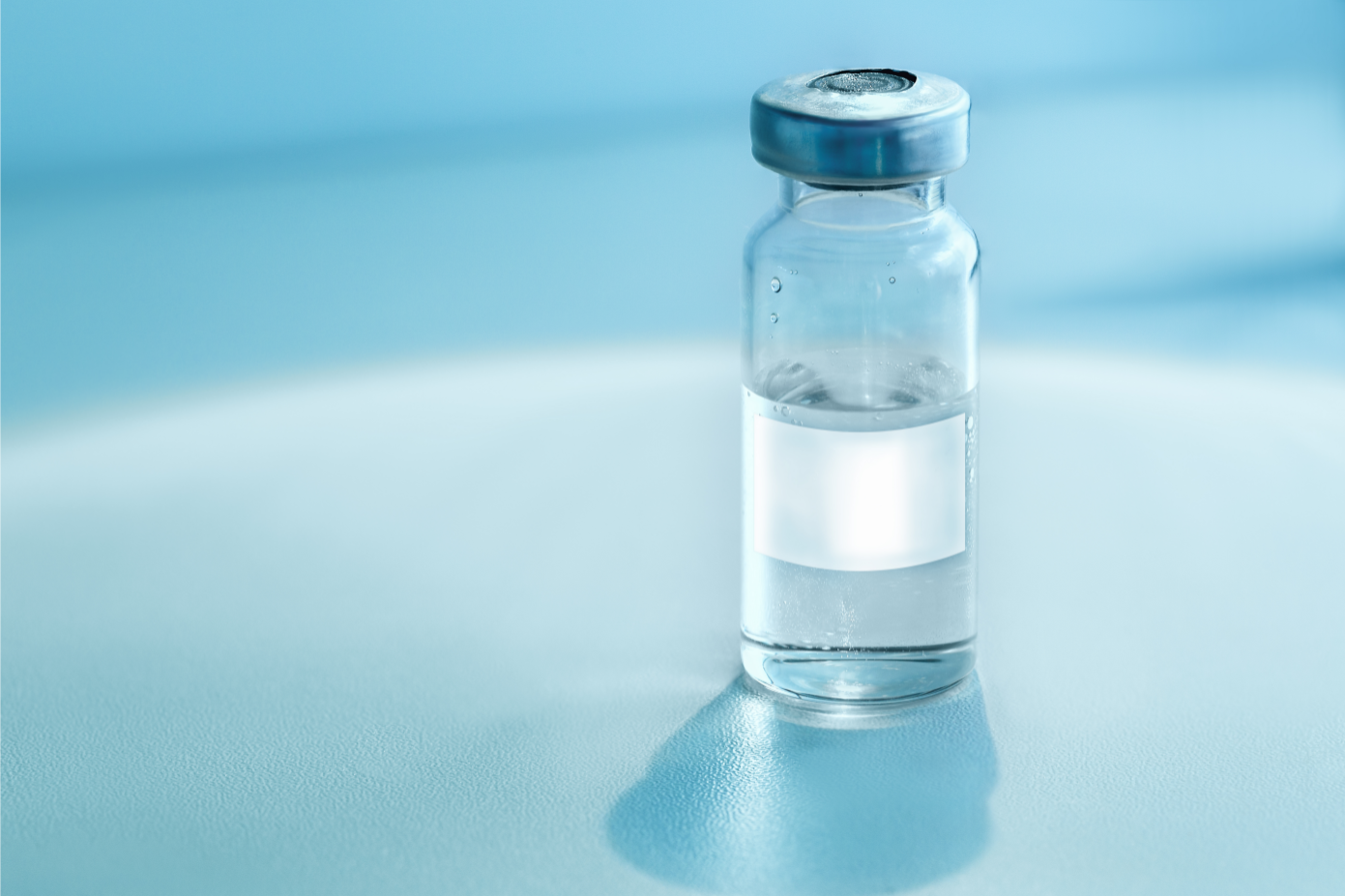What is DHEA?
Dehydroepiandrosterone (DHEA for short) is a precursor hormone produced naturally in the body by your adrenal glands. A precursor hormone is a substance that is converted into hormones, such as testosterone and Oestrogen. It has a minimal biological impact on its own, but it is one of the body’s most important precursors. It is produced by the adrenal glands (just above your kidneys) from cholesterol and small amounts by the testes and ovaries.
DHEA is an essential hormone for both men and women. However, testosterone and estrogen production gradually diminishes as you age, causing potential health problems in some people. DHEA supplements can increase the level of these hormones in your body.
Negative Feedback
No, this isn’t the kind of feedback you get in a performance management meeting; it is a positive thing that happens in your body to control your DHEA levels. Your brain controls DHEA production, and when the levels in your body get too low, the ‘negative feedback’ mechanism switches itself on to produce more. Once your levels are back to normal, it switches itself off again.
What is DHEA Used For?
Taking DHEA supplements can counteract the dip in testosterone and estrogen production as you age. Therefore it may slow down the changes in your body that naturally come with age. These could include; improving memory, building up muscle, burning visceral fat, and giving you more energy.
Multiple studies have found that DHEA supplements may help treat:
- depression
- obesity
- lupus
- adrenal deficiency (Addison’s Disease)
Other evidence shows that DHEA may also help treat:
- aging skin
- osteoporosis
- vaginal atrophy
- erectile dysfunction
- low libido
- mental disease such as Alzheimer’s
Symptoms of Low DHEA
Having low levels of DHEA can manifest itself in various ways in the body. Low levels could indicate a damaged adrenal gland. Addison’s disease, an adrenal deficiency, causes weak muscles, weight loss, low blood pressure, and a lack of energy. Low DHEA levels in men have been associated with a decreased lifespan, and in women, low levels are linked to decreased libido and Osteoporosis.
Symptoms of High DHEA
The signs of high DHEA are most noticeable in women as the resulting hormone imbalance can lead to symptoms such as excess body and facial hair, hair loss, irregular periods, and deepening of the voice. In addition, high DHEA levels could be an indicator of adrenal cancer or a tumor, so you must get it checked out if you think you may have high levels. If you suspect that your levels might be high, you can get a DHEA Sulfate test that will give you a definitive answer.
What Are the Benefits of DHEA Supplements?
There is a mistaken belief that taking DHEA supplements will increase your strength and muscle mass. This is most likely because DHEA is involved in producing testosterone in the body. However, there is no evidence to suggest that this is the case. The same can be said for claims that it helps burn body fat and boost immunity. As a result, it is now banned by several athletics organizations and sporting bodies, including the Olympics, The NFL, and Major League Baseball.
Despite this, there are several reported benefits from taking DHEA. For example, a study undertaken by the National Institute of Mental Health found that DHEA supplements helped relieve mild to moderate depression symptoms, particularly in middle-aged people (when DHEA levels start to fall more dramatically).
Other reported benefits include:
- Improving skin quality in older people.
- Treating Lupus symptoms.
- Improving the symptoms of Osteoporosis, especially in women.
It may also be effective in treating conditions that occur due to low testosterone, such as erectile dysfunction.
Are There Any Side Effects?
DHEA supplements may raise testosterone and estrogen levels in your body, so there can be side effects associated with elevated hormones, such as changes in the menstrual cycle and deepening of the voice in women. Other potential side effects include rapid/irregular heartbeat, insomnia, headaches, stomach upset, high blood pressure, hair loss, and acne.
Taking a high dose of any supplement (particularly a pre-steroid enhancer like DHEA) always comes with risks. For example, taking high doses of DHEA could result in symptoms including stunting of growth, changes in cholesterol levels, aggressive behavior (roid rage), liver problems, and high blood pressure. In addition, DHEA is involved in the production of Oestrogen and Testosterone, so men also risk developing symptoms associated with unusually high levels of Oestrogen, which may include reduced sperm production, shrunken testes, and breast enlargement.
DHEA and Weight Loss
There have been claims that a version of DHEA called 7-Keto DHEA can help raise metabolism and reduce body fat. A leaner body and high metabolism will be more efficient at burning calories and help people lose weight and keep it off. However, most medical studies that have investigated these claims have concluded that DHEA has little or no effect on your metabolism and should not be taken as a means to lose weight.
It is always vital that you talk to your doctor before taking a supplement such as DHEA. Raising the levels of hormones in your body is not something to be done lightly and may lead to other health disorders and side effects. DHEA may also interact with other medications and reduce their effectiveness, so if you suffer from a health condition already, it is paramount that you consult your doctor before taking any additional supplements.
Pregnenolone + DHEA
When searching for treatment, your physician may prescribe a Pregnenolone and DHEA stack. Both of these hormones are naturally produced in the body by your adrenal glands. Pregnenolone is most indicated with low cortisol combined with low 17-OH progesterone, a precursor to cortisol. DHEA helps produce other hormones, including testosterone and estrogen. Combining these two treatments have been shown to have a positive effect on the mind and body.
Our physicians customize pharmaceutical-grade Pregnenolone and DHEA dosage based on lab results and symptoms.
Before beginning treatment, a blood test and physician consultation are required. These help the physician understand the patient’s body and which treatments will be the most effective. During the consultation, your physician will review your blood test results while answering questions you may have about levels and treatment.
Getting Started with Treatment (HRT)
Before undergoing a regime of DHEA treatments, it is highly recommended that one consults with a physician. Any supplement can cause complications with a supplement or prescription that you may already be taking. In addition, understanding the possible side-effects of DHEA will enable you to make an informed decision regarding the state of your health.
If you’re at all concerned with your mood and energy, contact your doctor or a qualified telemedicine provider like EVOLVE. Our team of hormone therapy experts will help you get started with a safe, effective, and affordable hormone treatment plan. Contact Patient Care @EVOLVE to schedule your consultation!






